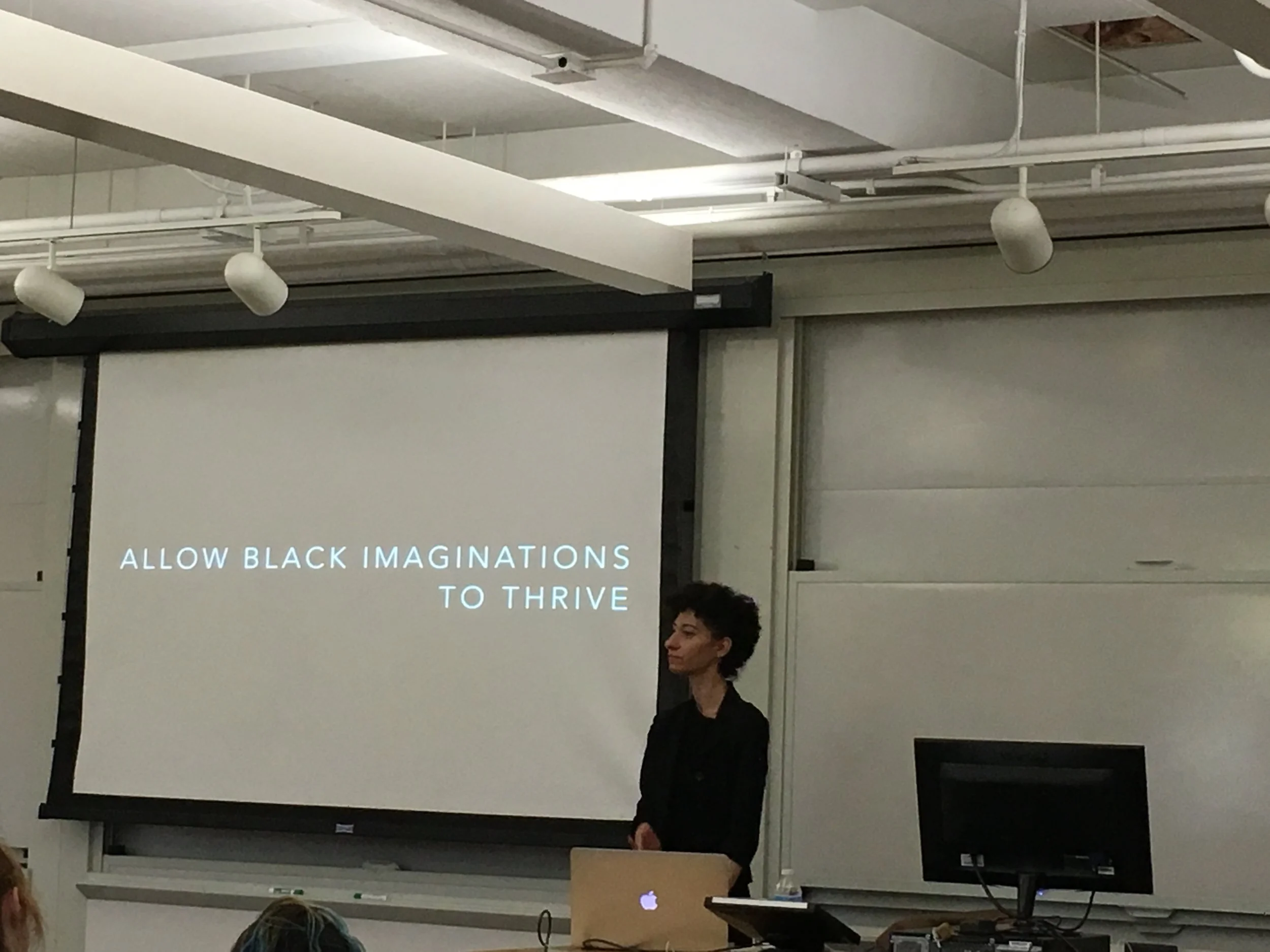My work as a physicist and public intellectual has taken me all over North America, to the Netherlands, Spain, and Taiwan. My public talks range from more accessible science to the challenges of making the physics and astronomy communities active participants in building the better world we need.
I am also now available for events focused on my book The Disordered Cosmos.
Interested in having me at your next event or conference? Use this form and a representative from the CCMNT Speakers team will respond as soon as possible. For physics/astronomy research seminars and colloquia, please contact me directly.
Some etiquette:
Invite me to talk about my scientific research. If you are a physics or astronomy department, conference, or meeting, send an invitation to discuss my work on particle cosmology. I will not accept an invitation to speak to a physics or astronomy department or organization about something other than my physics research unless I have also received an invitation to discuss my physics research. Why? Because I have worked hard to become a scientist and to become an active, leading participant in my field of particle cosmology. To treat a Black queer femme as if my primary value is to explain racism and sexism to non-Black people and men and deny me the opportunity to fully participate in science is a choice that reproduces the disparities that you supposedly care about.
University and college requests to talk about social issues should include an invitation to give a seminar or colloquium about my scientific research, if there is a physics department on campus.
Organizations should offer honoraria to any speakers being asked to present on topics outside of the academic discipline in which they are employed, such as “diversity” or their personal journey — or be clear that you are asking speakers to volunteer for your group. Scientific organizations should also know that it is the norm to offer honoraria for colloquia and seminars on feminist studies and Black studies. Honoraria for “diversity” talks should reflect the number of hours of labor involved in preparing a presentation and engaging with people on topics beyond their science as well as the time put into becoming an expert. Time spent traveling should also be taken into account.
I will not say yes to any invitations that clash with the Jewish High Holy Days (Rosh Hashanah, Shabbat Shuvah, and Yom Kippur) or the first two nights of Passover.
Previously I have been an invited speaker for scientific and/or public discussions at institutions and conferences such as:
U.S. Library of Congress (transcript and video)
Harvard-Smithsonian Center for Astrophysics
Yale University Department of Astronomy
University of Oxford, Wadham College
University of Cambridge, Cavendish Laboratory and Centre for Research in the Arts, Social Sciences, and Humanities (CRASSH)
Stanford University Kavli Institute for Particle Astrophysics and Cosmology & Center for Comparative Race and Ethnicity Studies
2016 Pacific Science Congress, Taipei, Taiwan
Brown University Department of Physics
University of Michigan Department of Physics & Department of Astronomy with co-sponsorship from Department of Afroamerican and African Studies
Canadian Institute for Theoretical Astrophysics
Pennsylvania State University Department of Astronomy
University of Amsterdam Institute for High Energy Physics, Netherlands
University of Amsterdam Anton Pannekoek Institute for Astronomy, Netherlands
The Ohio State University Center for Cosmology and Particle Physics
University of Cincinnati Department of Physics and African American Cultural and Resource Center
The 12th Patras Workshop on Axions, WIMPS, and WISPS, Zaragoza, Spain (2015)
The Inaugural Inclusive Astronomy Conference (2015)


